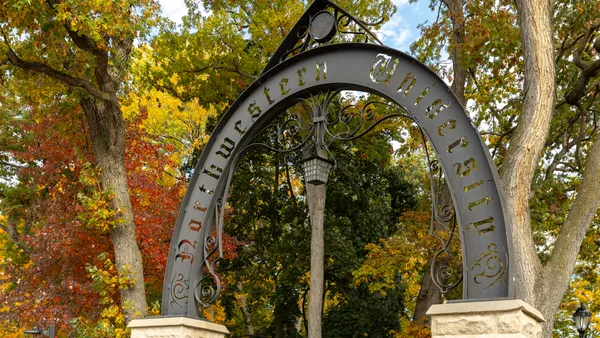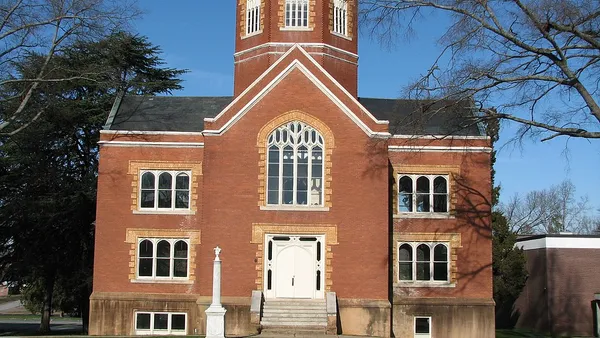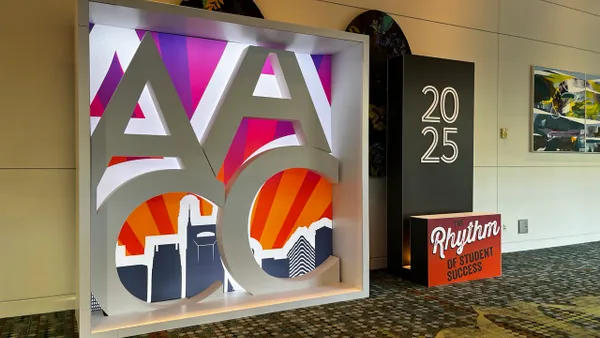UPDATE: Aug. 10, 2023: Massachusetts Gov. Maura Healey, a Democrat, signed the state's fiscal 2024 budget Wednesday, authorizing $50 million for tuition-free community college, including a program specifically for students ages 25 and older.
Dive Brief:
- Massachusetts lawmakers approved a roughly $56 billion state budget proposal last week that invests millions of dollars for the initial stages of a tuition-free community college program.
- The fiscal 2024 spending package sets aside $12 million for “capacity-building efforts” for a free college program that would start fall 2024. It earmarks a total $38 million for free community college initiatives for students ages 25 and older and nursing students.
- It also authorizes in-state public college tuition rates for students without permanent immigrant status in Massachusetts high schools. The budget plan is now with Gov. Maura Healey, a Democrat.
Dive Insight:
President Joe Biden has called for nationwide free community college, including recently in his fiscal 2024 budget proposal. But federal action on the policy has stalled, leading states to push their own tuition-free community college models.
Maine lawmakers earlier this year approved $15 million to continue a pandemic-era free college program for the high school classes of 2024 and 2025. Maine residents are eligible for up to two years of free tuition.
Vermont and Michigan have enacted similar initiatives.
The Massachusetts proposal for students 25 and older, called MassReconnect, is one of Healey’s signature policy ideas. It would be a last-dollar program, meaning it would pay for college costs after other forms of aid have been exhausted.
It intends in part to target students who have stopped out of college. As of July 2021, more than 719,900 Massachusetts residents have some college credit but no degree, according to the National Student Clearinghouse Research Center.
The nursing-related initiative is also a last-dollar program.
If Massachusetts were to pass the provision related to in-state tuition for unauthorized students, it would join at least 23 other states and Washington D.C., which have similar laws, according to the National Immigration Law Center.














